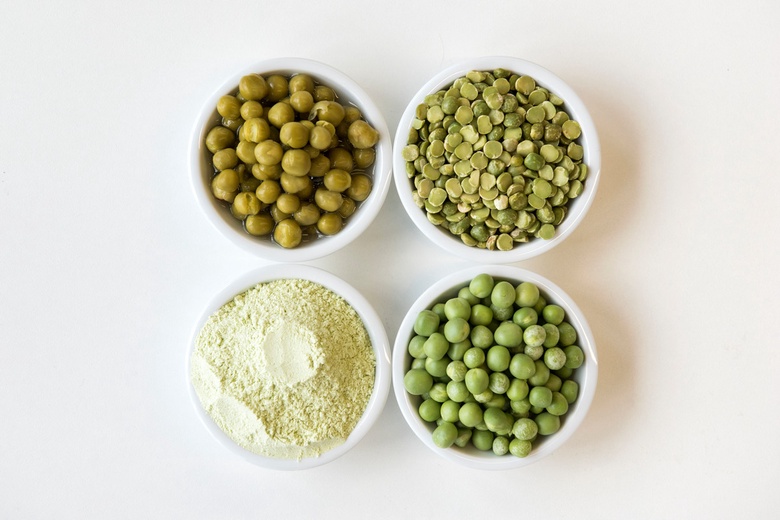Given that food is an essential requirement for all living beings, it is not surprising that we have an automatic inclination to move towards food. This approach bias (i.e., our tendency to move towards things we like or find appealing) can be influenced by many things, including how hungry we are and how tasty or calorie-dense the food appears. But what about vegetarians? Do they still feel this pull towards meat (and other non-vegetarian food) even though they’ve chosen not to eat it? Professor Constanze Hesse and Dr Helen Knightfrom the School of Psychology investigated this further by looking at young female vegetarians and comparing their approach bias reactions to those of omnivores when shown pictures of vegetarian and non-vegetarian foods.

To explore this question, we used a special task called the manikin stimulus-response compatibility task. Participants were shown images of different foods – some were vegetarian, and some were not – on a computer screen. Also on the screen there was a small stick-figure. We asked participants to move the stick-figure either towards or away from different images (without saying anything about what we were really interested in!) and measured how quickly and strongly our participants were inclined to approach or avoid these images.
Here’s where it gets interesting. The vegetarians showed a slightly stronger approach bias for vegetarian foods compared to non-vegetarian ones. This means they were more inclined to move towards images of vegetarian food than non-vegetarian food. However, this bias wasn’t much different from what was seen in the omnivores.
Surprisingly, when it came to pictures of meat and other non-vegetarian items, the vegetarians’ approach bias was almost the same as that of the meat-eaters. Even though the vegetarians rated the meat pictures as much less pleasant, their automatic response was still to approach them just as much as the omnivores did.
These findings suggest that our automatic tendency to move towards food is pretty strong and doesn’t change quickly, even if we adopt a new diet. Just because someone becomes a vegetarian doesn’t mean their automatic drive towards meat disappears overnight.
However, there’s a twist. Even though vegetarians might have this automatic response, they don’t act on it. They manage to resist the pull towards meat and stick to their vegetarian diet. This ability to resist could have interesting implications for understanding how people manage to change habits or resist temptations, which is a topic of interest in other research areas – such as the study of obesity and addiction.
This study offers a glimpse into the complex ways our brains and bodies react to food. It highlights that changing our eating habits involves more than just making a conscious decision; it also requires managing automatic responses that we might not know we have. For anyone interested in how diet choices impact behaviour, or how we can better support people in making healthy lifestyle changes, these insights are valuable.
In conclusion, while our natural inclinations towards foods are powerful, our conscious decisions and willpower play a crucial role in guiding our actions. So, even if you’re a vegetarian still feeling that automatic pull towards a burger, know that it’s just your brain doing its thing – and you have the power to stick to your choices.
Interested to know more?
Read the full paper here.
The researchers from the School of Psychology:
Professor Constanze Hesse and Dr Helen Knight.



